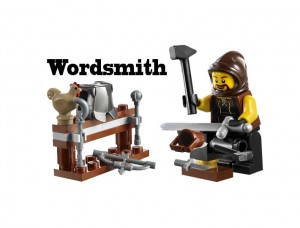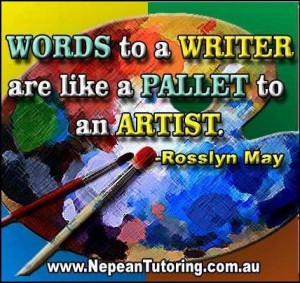
Wordsmiths are widely read individuals who usually have higher order of comprehension skills. Imagine reading a text and missing the important nuances of meaning due to a limited understanding of the vocabulary in the given text. As a child, my greatest joy was to read books. I conquered the skill of reading at a very early age because I enjoyed the way words created pictures in my mind. Words, and the way they came together to tell a story and describe a setting, drew me into different worlds, allowed me to enter into the life of fascinating characters and to be inspired to write my own stories as I grew older. My parents encouraged me to read and saw value in buying me books as gifts on special occasions.
Although my own penchant for reading rested with literary texts, for others, information texts consume hours of constructive reading as a means to acquire knowledge on topics of interest. Information texts are rich with specific vocabulary that is relevant to the topic. They allow the reader to enjoy different interests and hobbies and also communicate effectively on a range of ideas connected to the topic of interest. We might consider an interest in the subject of aeronautics, for instance, where the vocabulary is specific. There is no doubt that an understanding for the correct terminology or jargon is key to becoming an authority on a particular area of interest.

It has been argued that not all people are “good” writers and that may be true. However I believe that anyone can become a “better” writer if they engage in vocabulary development. Being a wordsmith is a choice and one which can give an individual the edge with their formal learning but also an ability to engage more fully in what they read for pleasure.
To become a wordsmith in this digital age is not difficult. If I intuitively feel a student has lost meaning in a sentence I will look at key words they may not understand. For instance, I was reading with an eight year old boy recently when we came across the word stalk in the context of a bird. By using my i pad as a learning tool, we were able to use it to show him view images of a stalk and open up a brief discussion about the characteristics of this type of bird. Using images as an adjunct to a dictionary is the most effective way to ensure the development and ongoing usage of new vocabulary.
The use of a dictionary is indeed an important tool. Look for dictionaries that have larger print, easy to navigate and explain the meaning of words in user friendly language. Good book stores will have a variety of excellent dictionaries and I encourage all students to have one at hand when reading or writing. If you want to be an avid wordsmith you just might find that a dictionary can become a whole exciting literary experience in itself.
Do you want to become a wordsmith? I do believe wordsmiths can be made and not necessarily born. The correct tools, inspiration and purpose, the desire to understand more fully what we read and how to develop written texts through the use of a broader range of language, are the key ingredients to being a competent wordsmith.
